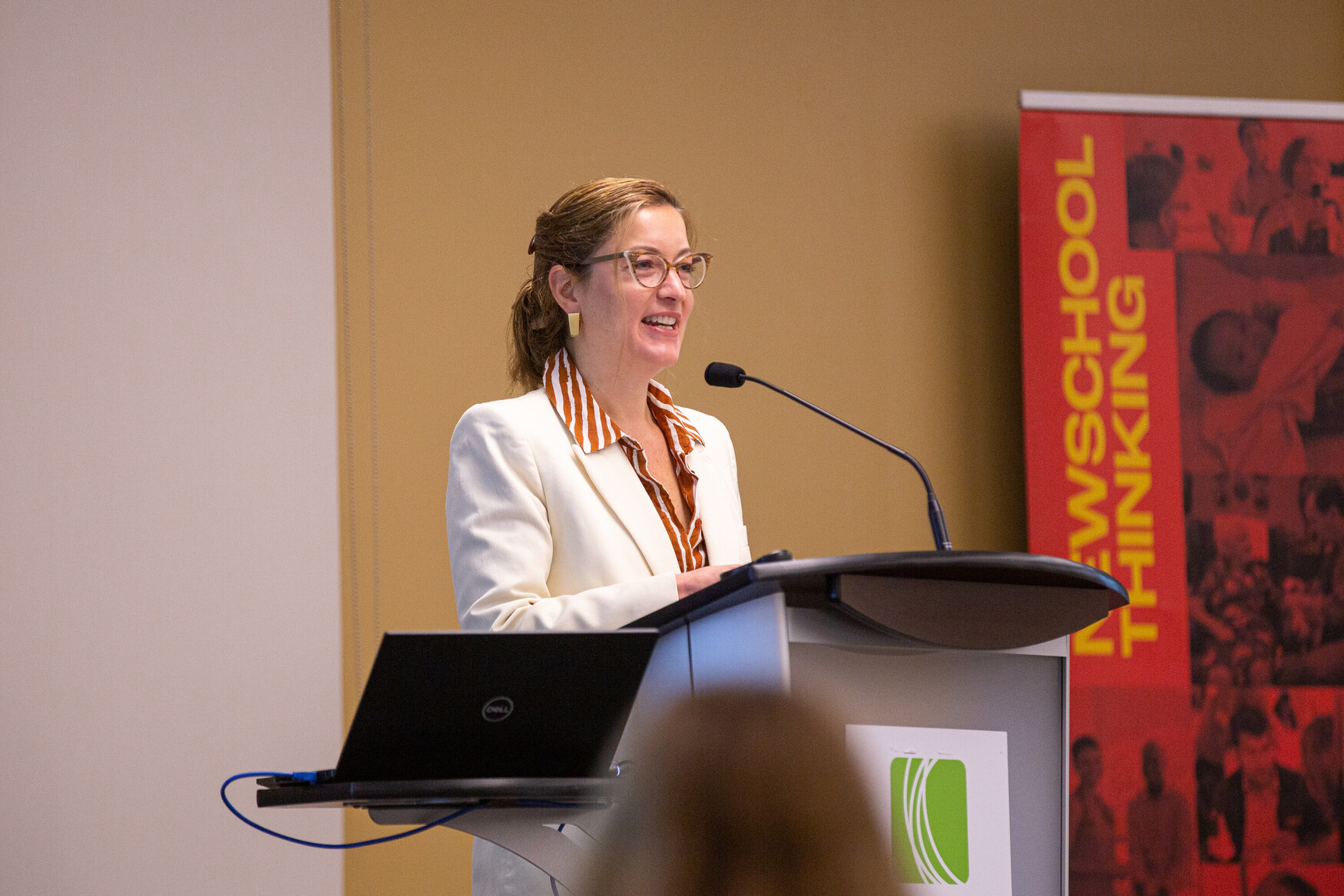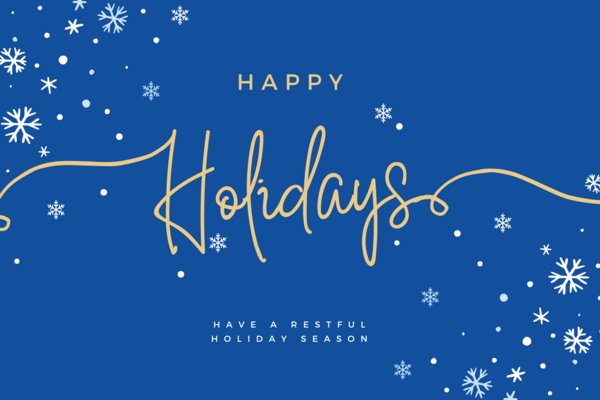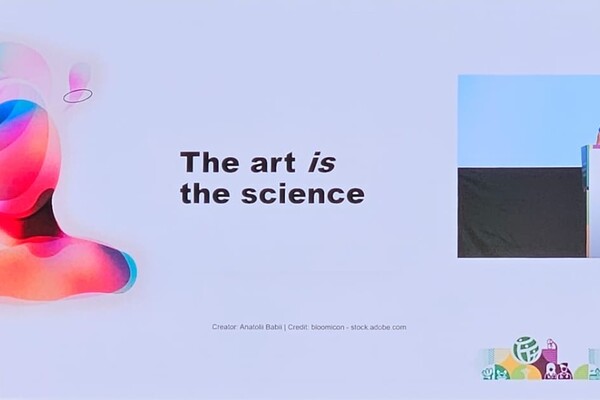Mobile Menu
- Education
- Residency
-
Grad Studies
- About Academic Fellowship and Graduate Studies
-
Graduate Studies
- MPH in Family and Community Medicine
- MSc in Community Health in Family and Community Medicine
- MSc in Community Health in Health Practitioner Teacher Education
- The Practicum
- How to Apply
- Getting Started
- Student Fees
- Financial Aid and Awards
- Program Forms
- Academic Fellowship and Graduate Studies
- Department Student Awards
-
Fellowships, Certificates and Courses
- Academic Fellowship Program
- Medical Education Fellowship
- Clinical Research Certificate
- Clinical Teacher Certificate
- Certificate in Academic Family Medicine
- Interprofessional Applied Practical Teaching and Learning in the Health Professions (INTAPT)
- How to Apply
- Getting Started
- Program Fees
- Student Awards
- Forms for Current Students
- Continuing Education Courses
- Instructor Awards
- Research
- Community & Partnerships
- Quality & Professional Development
- Divisions
- Faculty
- About



